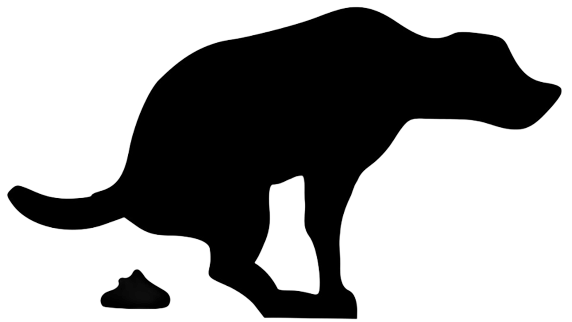Maintaining Digestive Balance: How to Avoid Diarrhea and Constipation

Digestive discomfort is a common concern for many individuals, and finding the right balance in your digestive system can be challenging. In this post, we’ll explore ways to avoid both diarrhea and constipation, providing you with valuable insights and practical tips for a healthier gut.
- Stay Hydrated:
One of the most critical factors in maintaining good digestive health is staying properly hydrated. Drinking enough water helps soften stool and promote regular bowel movements, preventing constipation. On the other hand, adequate hydration can also help prevent diarrhea, as it keeps the digestive system functioning smoothly. - Fiber-Rich Diet:
A balanced diet that includes a variety of high-fiber foods is essential for avoiding both constipation and diarrhea. Fiber adds bulk to your stool, making it easier to pass and preventing constipation. It also regulates bowel movements, preventing diarrhea by absorbing excess water in the colon. - Mindful Eating:
Chew your food thoroughly and eat at a moderate pace. Rushing through meals can lead to overeating, which may cause diarrhea. Additionally, slow and mindful eating helps signal to your brain that you’re full, preventing overconsumption. - Probiotics:
Probiotics are beneficial bacteria that promote a healthy gut microbiome. They can help maintain digestive balance by preventing diarrhea associated with infections or antibiotic use and by regulating bowel movements to prevent constipation. - Regular Exercise:
Exercise is not only great for overall health but also for promoting regular bowel movements. Physical activity helps stimulate the colon and can alleviate constipation. However, intense exercise can sometimes lead to diarrhea, so it’s essential to find a balance that works for your body. - Avoid Trigger Foods:
Certain foods may exacerbate digestive issues. For example, spicy foods, caffeine, and artificial sweeteners can lead to diarrhea in some individuals. On the other hand, dairy products and low-fiber diets can contribute to constipation. Identify your trigger foods and limit your intake to maintain digestive balance. - Manage Stress:
Stress can have a significant impact on digestive health. It can lead to both constipation and diarrhea. Practicing relaxation techniques, such as meditation and deep breathing, can help manage stress and promote better digestion. - Medications and Supplements:
If you are experiencing persistent digestive issues, consult with a healthcare professional. They may recommend medications or supplements to alleviate constipation or diarrhea. Always follow their guidance and dosing instructions.
Conclusion:
Maintaining digestive balance is essential for overall well-being. By staying hydrated, consuming a fiber-rich diet, and adopting healthy lifestyle habits, you can prevent both constipation and diarrhea. Remember that everyone’s digestive system is unique, so it’s essential to listen to your body and seek professional advice when needed. A balanced digestive system will contribute to a healthier and happier you.







